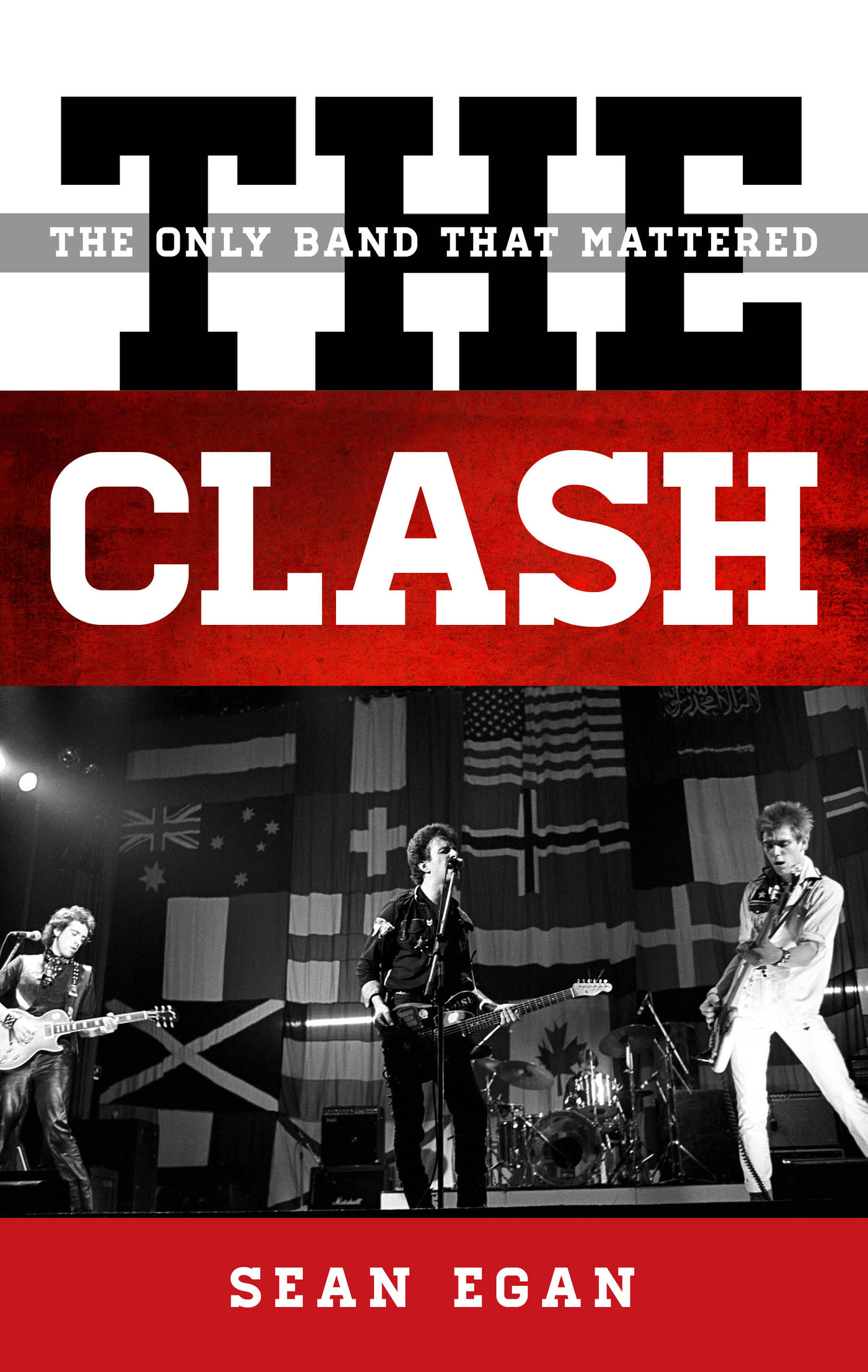The Clash
Tempo
Series Editor: Scott Calhoun
Tempo offers titles that explore rock and popular music through the lens of social and cultural history, revealing the dynamic relationship between musicians, music, and their milieu. Like other major art forms, rock and pop music comment on their cultural, political, and even economic situation, reflecting the technological advances, psychological concerns, religious feelings, and artistic trends of their times. Contributions to the Tempo series are the ideal introduction to major pop and rock artists and genres.
Bob Dylan: American Troubadour, by Donald Brown
Bon Jovi: Americas Ultimate Band, by Margaret Olson
British Invasion: The Crosscurrents of Musical Influence, by Simon Philo
Bruce Springsteen: American Poet and Prophet, by Donald L. Deardorff II
The Clash: The Only Band That Mattered, by Sean Egan
Patti Smith: America's Punk Rock Rhapsodist, by Eric Wendell
Paul Simon: An American Tune, by Cornel Bonca
Ska: The Rhythm of Liberation, by Heather Augustyn
The Only Band That Mattered
Sean Egan
ROWMAN & LITTLEFIELD
Lanham Boulder New York London
Published by Rowman & Littlefield
A wholly owned subsidiary of The Rowman & Littlefield Publishing Group, Inc.
4501 Forbes Boulevard, Suite 200, Lanham, Maryland 20706
www.rowman.com
16 Carlisle Street, London W1D 3BT, United Kingdom
Copyright 2015 by Sean Egan
All rights reserved. No part of this book may be reproduced in any form or by any electronic or mechanical means, including information storage and retrieval systems, without written permission from the publisher, except by a reviewer who may quote passages in a review.
British Library Cataloguing in Publication Information Available
Library of Congress Cataloging-in-Publication Data
Egan, Sean, author.
The Clash : the only band that mattered / Sean Egan.
pages cm (Tempo : a Rowman & Littlefield music series on rock, pop, and culture)
Includes bibliographical references, discography, and index.
Summary: In The Clash: The Only Band That Mattered, respected music critic Sean Egan examines The Clashs career and art through the prism of the uniquely interesting and fractious UK politics of the Seventies and Eighties, without which they simply would not have existed. Tackling subjects such as The Clashs self-conscious tussles with their record label, the accusations of sell-out that dogged their footsteps, their rivalry with the similarly leaning but less purist Jam, the paradoxical quality of their achieving multi-platinum success and even whether their denunciations of Thatcherism were proven wrong, Egan has come up with new insights into a much discussed groupProvided by publisher.
ISBN 978-0-8108-8875-3 (cloth : alk. paper) ISBN 978-0-8108-8876-0 (ebook)
1. Clash (Musical group) 2. Punk rock musiciansEnglandBiography. I. Title.
ML421.C57E43 2015
782.42166092'2dc23
2014024677
 TM The paper used in this publication meets the minimum requirements of American National Standard for Information Sciences Permanence of Paper for Printed Library Materials, ANSI/NISO Z39.48-1992.
TM The paper used in this publication meets the minimum requirements of American National Standard for Information Sciences Permanence of Paper for Printed Library Materials, ANSI/NISO Z39.48-1992.
Printed in the United States of America
Introduction
The Clash are a truly ideal subject for Tempo, a series that aims to set the legacy of recording artists in a wider sociological context.
Today, The Clash are universally recognized as one of the greatest, most exhilarating bands ever to either make use of recording tape or step on a stage. Their works regularly appear in high positions in critics polls to find the greatest albums in history. However, they were more than just a great rock band. The Clash were convinced that they could change the world with their art, and their art itself sprang from the uniquely interesting and fractious social conditions and politics of Britain in the Seventies and Eighties.
The fond regard in which they are held, therefore, is not merely the normal gratitude felt by those for whom artists have provided aural pleasure. They were a group whose music was, and is, special to their audience because that music insisted on addressing the conditions of poverty, petty injustice, and mundane life experienced by the people who bought their records. Moreover, although their rebel stances were often no more than posturing, from The Clashs stubborn principles came a fundamental change in the perception of what is possible in the music industry, from subject matter to authenticity to quality control to price ceilings.
Yet The Clashs high standing was not ever thus. The slogan The Only Band That Matters was devised by The Clashs American record label Epic. The Clash began to resent it, but it was deemed accurate (and snappy) by enough people to be quickly and widely taken up. It was a slogan that summed them up, not just in terms of the social relevance of their songs but their penchant for self-mythologizing. Initially, critics and fans accepted, even loved, their endless self-aggrandizement. However, their multiple vainglorious anthems about themselves began to grate when The Clash started to be perceived as losing relevance and even selling out. From day one, The Clash had made proclamations to the music press about their integritywhich encompassed promises to spread around any wealth they made, to keep their ticket and record prices below certain levels, to spurn crass commercialism, and to remain in touch with their fans. Unfortunately, a function of the global success engendered by their excellent music meant the betrayal of some of those promises, with an inevitable backlash. The increasing frequency of substandard product didnt help either.
Having clawed back some respectability with their best-selling 1982 Combat Rock album, band dissension and egotistical behavior unseemly for people with collectivist ideals produced a rupture in their ranks. A new version of The Clash released in 1985 Cut the Crap, an album whose self-parody made it a sad finale.
After the dust had settled and the purist punk credo receded into history, The Clashs catalog could be assessed in more objective terms. The consensus is that it is mostly superb.
This book seeks to explore both why The Clashs music was so powerful and to give an idea of why The Clash aroused passions, pro and anti, for reasons that often had nothing directly to do with their music.
Chapter 1
GaragelandMore or Less
Twin forces of declinethe economic decay of Britain and the waning powers of the rock aristocracycreated the musical movement that was punk.
Its difficult to convey to those who didnt experience it the perennial sense of crisis in Great Britain in the Seventies. Not long after the turn of the decade, it already felt like an age since the nation had been able to fool itself into believing that, in a post-Empire era, it retained an importance by dint of the world turning its eyes toward its pop culture. Time magazine may have conferred the adjective swinging on London in April 1966, but the UKs contemporaneous currency and labor crises were already working to undermine even the small amount of national pride that engendered.
From 1966 to 1974, the position of prime minister in Britain was the exclusive preserve of two men: Harold Wilson of the center-left Labour Party and Edward Heath of the center-right Conservative Party. (The Mr. Wilson and Mr. Heath whose names are cooed by The Beatles in Taxman.) In that time, Wilsons party won three general elections to Heaths one, although the clear-cut dominance that implies is an illusion created by the vagaries of Britains electoral system. Not that it mattered much: at the time there was little to choose between the two parties as a result of the long-standing Post-War Consensus. During the Second World War, the rich sheltered from German bombs cheek-by-jowl with the poor in Londons Underground stations, with the consequence that the ruling classes properly understood poverty for the first time. Accordingly, in the first post-war general election in July 1945, both of Britains major parties offered a platform designed to appeal to the newly altruistic sentiment in the air: the creation of an all-encompassing welfare state.

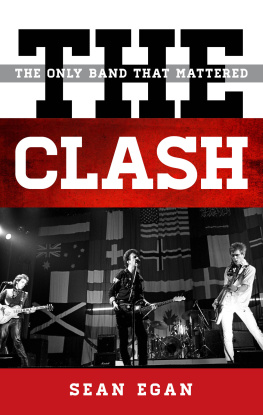
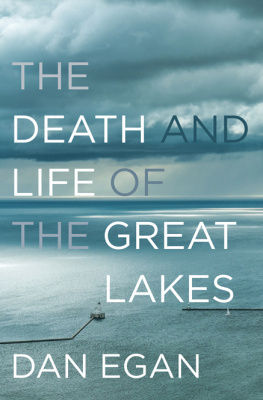



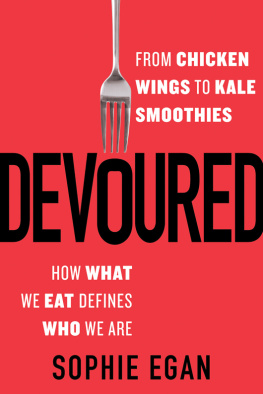
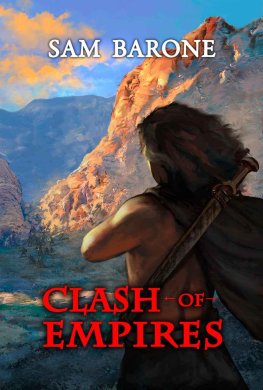

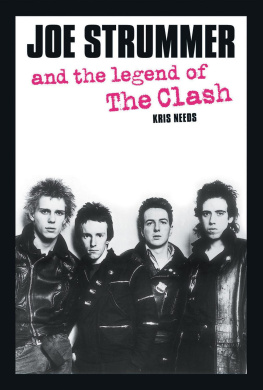
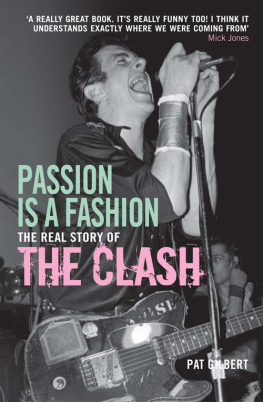
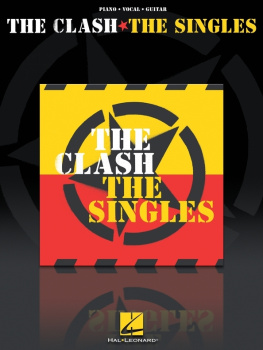
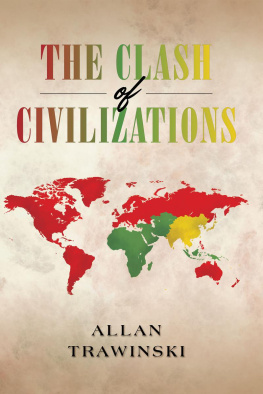
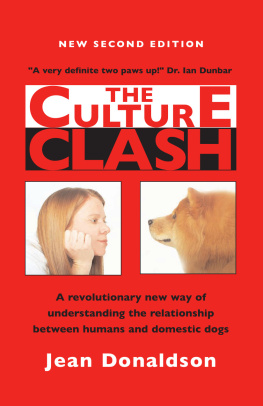
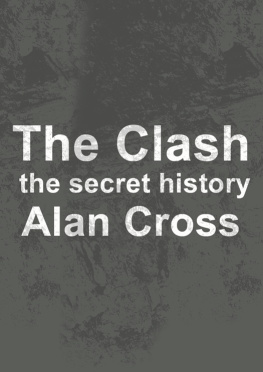
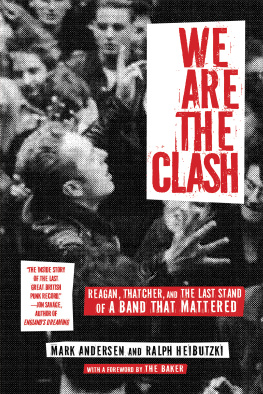

 TM The paper used in this publication meets the minimum requirements of American National Standard for Information Sciences Permanence of Paper for Printed Library Materials, ANSI/NISO Z39.48-1992.
TM The paper used in this publication meets the minimum requirements of American National Standard for Information Sciences Permanence of Paper for Printed Library Materials, ANSI/NISO Z39.48-1992.